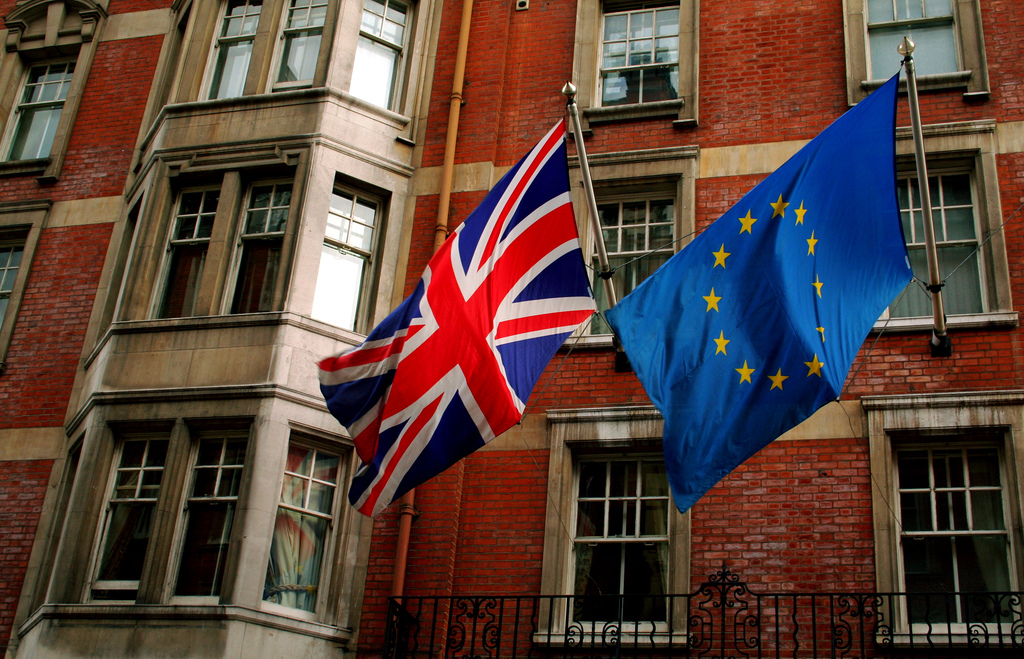The very migration system between Britain and the European Union should start working only six months after the end of the study.
Free movement and work of EU citizens in the UK will end as soon as the camp leaves the block, which should happen in March 2019. However, ministers said they will develop a system whereby companies can hire the workers they need.
However, against the backdrop of the Brexit talks with the European Union, which the parties intend to complete by October 2018, critics believe that this study should have started much earlier, because the existing uncertainties have already led to an outflow of skilled workers from the UK labor market.
Interior Minister Amber Rudd appealed to the Migration Advisory Committee (MAC), a government body that advises the government, to assess the impact of migration on the labor market and its impact on the economy as a whole, as well as how the rules after Brexit should support the government's plans for industrial revival.
Last year, concern over the long-term social and economic consequences of immigration prompted most Britons vote for secession from the European Union. At the same time, the British government plans to reduce the rate of net migration to the UK to below 100 thousand people per year. In 2016, this figure was 248 thousand people.
"The public must be confident in our ability to control immigration - in terms of type and volume - from within the EU," Rudd wrote in an article for the Financial Times.
That's why, as soon as we leave the EU, this government will apply its own immigration rules and requirements that will meet the needs of British enterprises, as well as society as a whole."
source: reuters.com
Free movement and work of EU citizens in the UK will end as soon as the camp leaves the block, which should happen in March 2019. However, ministers said they will develop a system whereby companies can hire the workers they need.
However, against the backdrop of the Brexit talks with the European Union, which the parties intend to complete by October 2018, critics believe that this study should have started much earlier, because the existing uncertainties have already led to an outflow of skilled workers from the UK labor market.
Interior Minister Amber Rudd appealed to the Migration Advisory Committee (MAC), a government body that advises the government, to assess the impact of migration on the labor market and its impact on the economy as a whole, as well as how the rules after Brexit should support the government's plans for industrial revival.
Last year, concern over the long-term social and economic consequences of immigration prompted most Britons vote for secession from the European Union. At the same time, the British government plans to reduce the rate of net migration to the UK to below 100 thousand people per year. In 2016, this figure was 248 thousand people.
"The public must be confident in our ability to control immigration - in terms of type and volume - from within the EU," Rudd wrote in an article for the Financial Times.
That's why, as soon as we leave the EU, this government will apply its own immigration rules and requirements that will meet the needs of British enterprises, as well as society as a whole."
source: reuters.com





